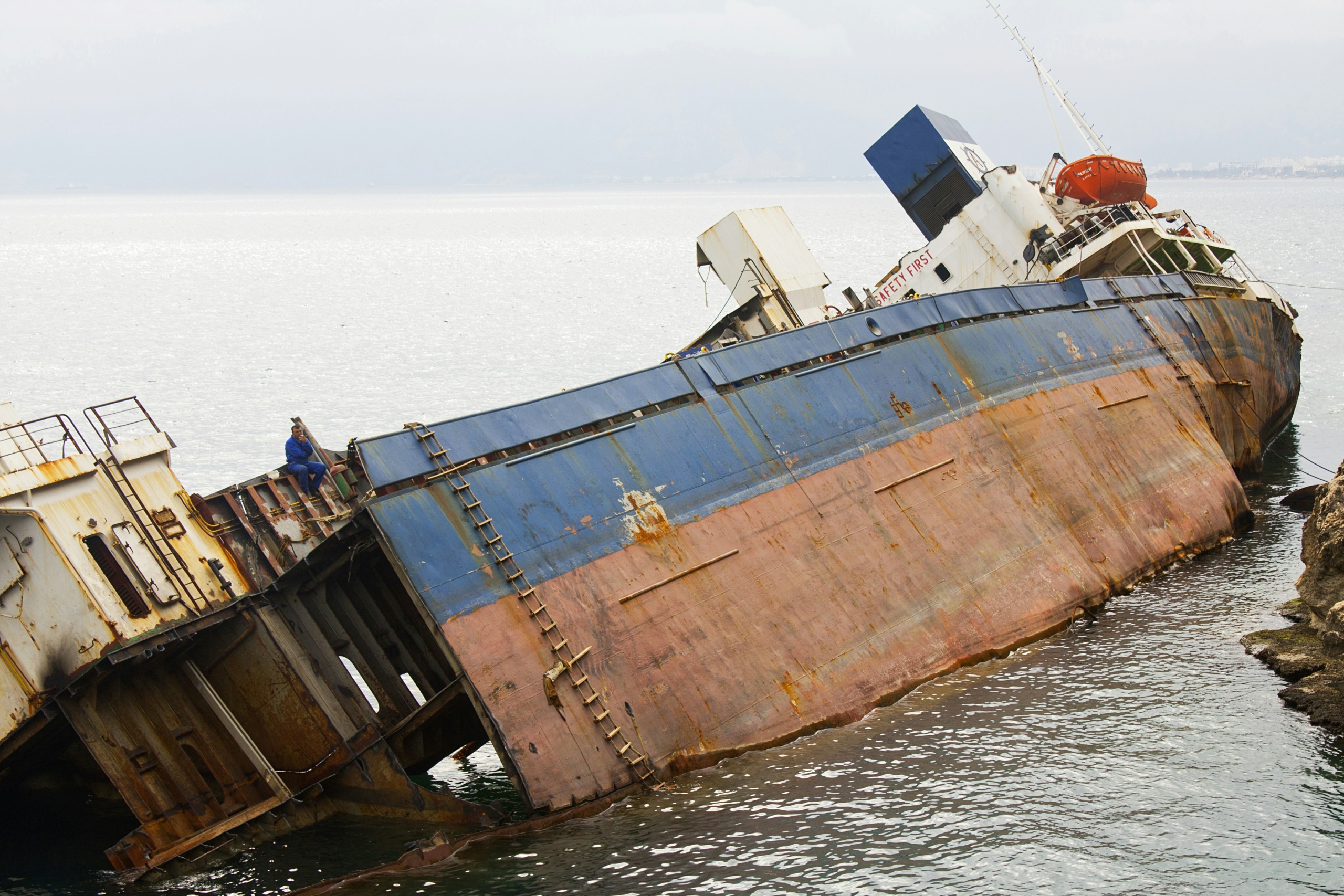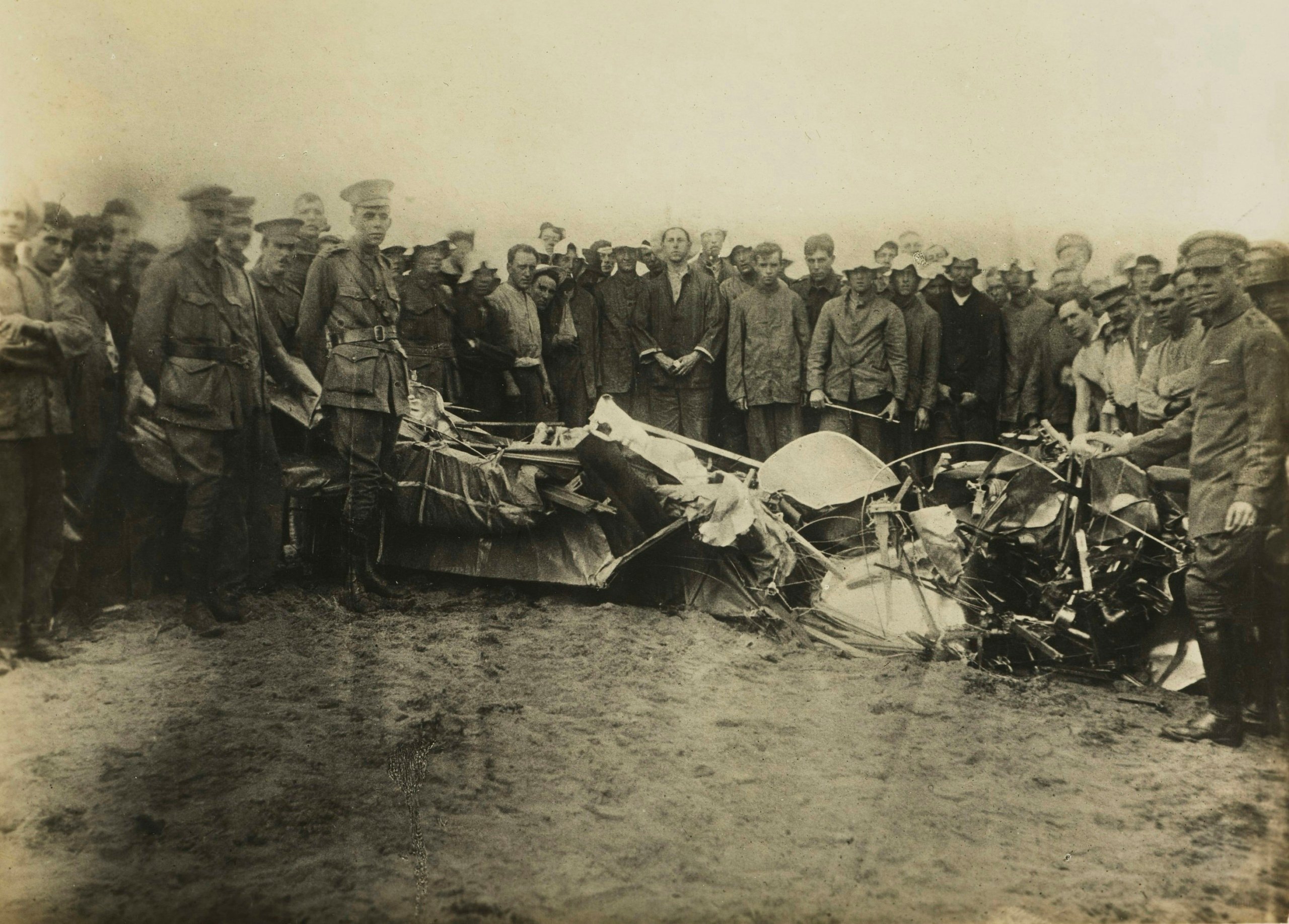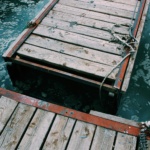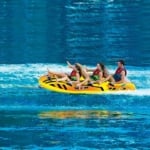Imagine yourself enjoying a peaceful day out on the water, the warm sun on your skin and the gentle rocking of the boat beneath you. Suddenly, your serenity is shattered by a loud crash as a boat collides with yours. In an instant, everything changes. The chaos and confusion that follow grip you, and you find yourself grappling with the aftermath of a boating crash.
Factors leading to a boating crash
boating crashes can have devastating consequences, and it is essential to understand the factors that can contribute to these accidents. Lack of experience or skill is a significant factor that can lead to boating crashes. Operating a boat requires knowledge of navigation rules, understanding of water currents, and the ability to react to changing conditions. Inexperienced boaters may misjudge distances, fail to recognize hazards, or struggle with maneuvering their vessels properly.
Intoxication or impaired judgment is another factor that can contribute to boating crashes. Operating a boat while under the influence of alcohol or drugs can impair a boater’s ability to make sound decisions and react effectively to changing conditions on the water. Impaired judgement can lead to excessive speeds, navigational errors, and poor risk management.
Excessive speeding is a common factor in boating crashes. Just like on the road, speeding on the water can reduce a boater’s ability to react to obstacles or hazards. Additionally, excessive speeds can result in collisions with other boats or cause passengers to be thrown from the vessel, leading to serious injuries or fatalities.
Navigational errors are another leading cause of boating crashes. Failing to properly understand and interpret navigational aids, charts, or markers can result in collisions with other boats, running aground, or striking submerged objects. Navigational errors often occur when boaters are unfamiliar with the waterways or fail to pay adequate attention to their surroundings.
Equipment failure is yet another significant factor that can lead to boating crashes. Mechanical failures, electrical malfunctions, or structural weaknesses in a boat can result in unexpected and dangerous situations. Malfunctioning steering systems, failed engines, or faulty navigational equipment can lead to loss of control, collisions, or even capsizing.

Common types of boating crashes
Understanding the common types of boating crashes can help boaters be more aware of potential risks and take appropriate measures to prevent them.
Collision with another boat is one of the most common types of boating crashes. It can occur due to failure to yield, improper navigation, or impaired judgment. Collisions can result in severe damage to both vessels, injuries to passengers, and even fatalities.
Striking a submerged object is another prevalent type of boating crash. Submerged rocks, tree stumps, or other underwater obstructions can cause significant damage to a boat’s hull, leading to taking on water, capsizing, or sinking. Striking submerged objects can result from navigational errors, failure to follow designated channels, or poor visibility.
Grounding or running aground occurs when a vessel comes into contact with the bottom of a body of water. This can happen due to shallow water, navigational errors, or mechanical failures. Running aground can cause damage to the boat’s hull, propellers, and other components, and it can be challenging to free a grounded vessel without assistance.
Capsizing or swamping is a type of boating crash where the boat overturns or is flooded with water. This can happen due to rough waves, excessive speed, or uneven weight distribution on the vessel. Capsizing or swamping can result in passengers being thrown into the water, leading to drowning or injuries.
Fires or explosions are rare but potentially catastrophic types of boating crashes. Fires can occur due to fuel leaks, electrical malfunctions, or improper storage of flammable materials. Explosions can happen when flammable gases accumulate in enclosed spaces. Fires and explosions pose significant risks to boaters and can cause injuries, fatalities, or complete loss of the vessel.

Injuries and fatalities in boating crashes
Boating crashes often result in severe injuries and, tragically, fatalities. Understanding the potential consequences can emphasize the importance of boating safety measures.
Drowning is a significant risk in boating crashes, especially when passengers are not wearing personal flotation devices (PFDs) or fail to react quickly in emergency situations. Whether due to vessel capsizing, falls overboard, or being trapped underwater, drowning accounts for a significant portion of boating-related fatalities.
Traumatic brain injuries (TBI) are common in boating crashes, particularly when occupants are thrown from the vessel or experience significant impact forces. TBIs can range from concussions to more severe injuries that can result in long-term cognitive impairments or physical disabilities.
Spinal cord injuries can occur when a boating crash leads to high-impact forces or individuals are thrown into the water and strike objects. These injuries can lead to paralysis or significant mobility limitations, profoundly impacting the quality of life for the injured boater.
Broken bones and fractures are also prevalent in boating crashes. High-impact collisions, falls within the boat, or striking objects in the water can result in broken bones or fractures. Such injuries can be painful, require extensive medical treatment, and potentially lead to long-term complications.
Lacerations and contusions are common injuries caused by boating crashes. Sharp edges or objects within the boat can cause deep cuts, while collisions with other boats or submerged objects can result in bruises or other blunt force traumas. Lacerations and contusions can vary in severity, but even minor injuries can cause significant pain and potential complications if not properly treated.

Legal repercussions and regulations
Boating crashes can have both legal and regulatory consequences for the parties involved. It is crucial for boaters to be aware of their responsibilities and the potential legal actions that may follow a crash.
Boating under the influence (BUI) charges are among the most severe legal repercussions for boaters involved in crashes. Operating a boat while intoxicated is not only dangerous but also a criminal offense in most jurisdictions. BUI charges can result in fines, license suspensions, and even jail time, depending on the circumstances and previous offenses.
Enforcement by law enforcement agencies plays a vital role in ensuring boating safety and investigating boating crashes. Law enforcement officers have the authority to conduct inspections, enforce navigation rules, and test operators for impaired driving. Their involvement in the investigation of boating crashes can lead to legal actions against responsible parties.
Insurance requirements for boaters vary by jurisdiction, but it is generally recommended for boaters to have adequate insurance coverage. Boat insurance can help cover damages to vessels, medical expenses, liability claims, and even legal defense costs in the event of a boating crash. It is essential for boaters to review their insurance policies and ensure they meet any mandatory requirements in their area.
Boating safety courses and certifications are often encouraged or required for boaters depending on their age, experience, and the type of vessel they operate. These courses aim to educate boaters about navigation rules, safety procedures, and responsible boating practices. Completing boating safety courses and gaining certifications can demonstrate a commitment to safe boating and may reduce the risk of boating crashes.
Responsibility for damages and compensation following a boating crash can be determined based on various factors, including negligence, fault, and the applicable laws in the jurisdiction. Parties found responsible for causing a boating crash may be required to compensate victims for medical expenses, property damage, pain and suffering, and other losses resulting from the collision.





